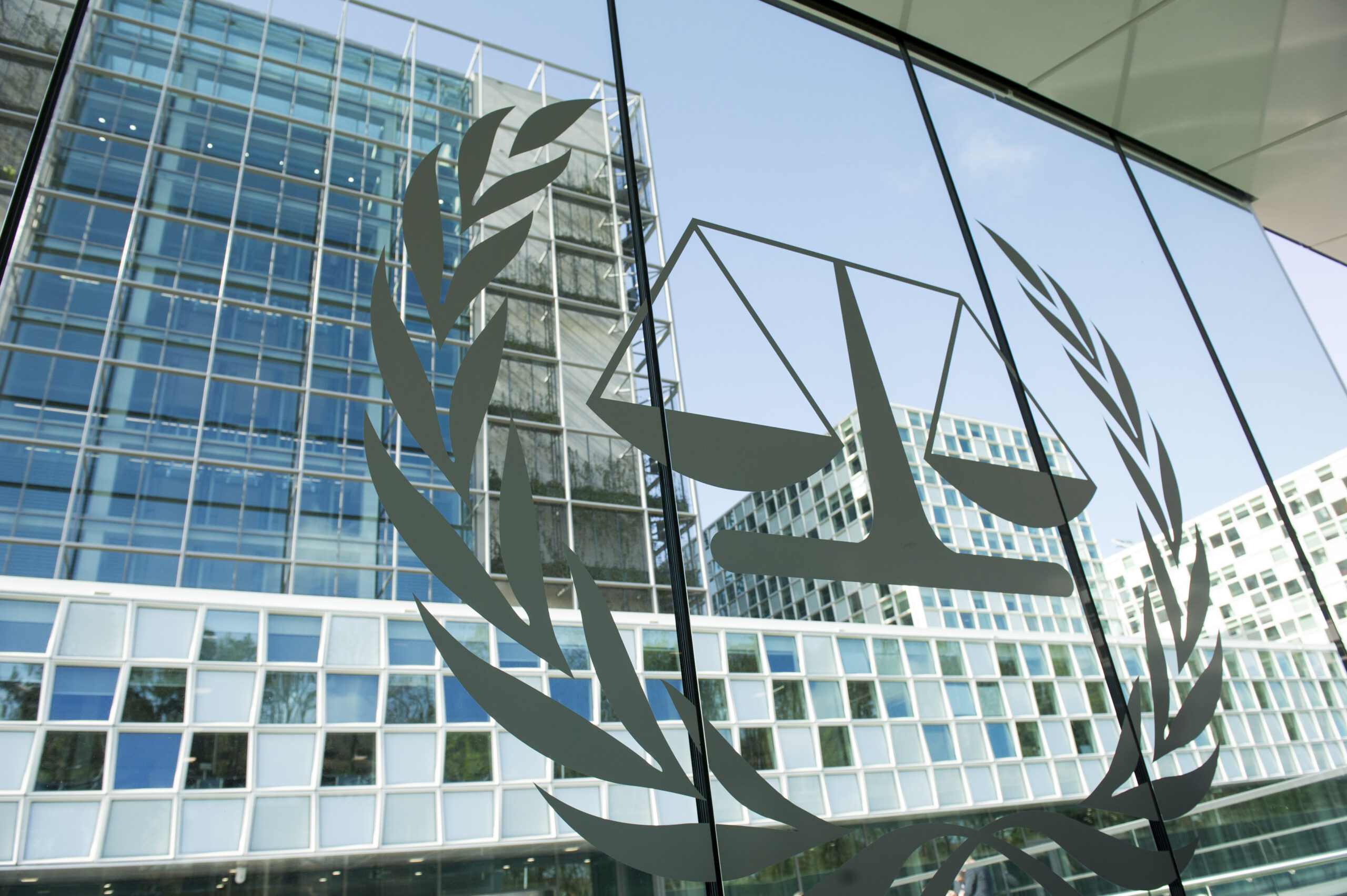Poland would not be admitted to the European Union today with the judiciary in its current state, according to Piotr Hofmański, the new president of the International Criminal Court (ICC) in The Hague.
Hofmański is the only Polish judge at the ICC and was last week elected its president. He told Onet in a new interview that “an independent judicial system is one of the basic conditions for being a member of the EU community”, and that Poland no longer fulfils that criterion.
“After what has happened in Poland over the past five years, no one would have admitted a country like ours is today to the EU,” he said, referring to the controversial judicial overhaul introduced by the national-conservative Law and Justice (PiS) party since it returned to power in 2015.
Hofmański explained that, in his view, “a large number” of Poland’s judicial institutions have “become ostentatiously, even overtly dependent on politicians”.
Poland’s current justice system has been “taken over by the executive”, he continued. This prevents it from being able to defend citizens against the state’s “omnipotence”.
He noted, however, that “there are still judges…who adjudicate independently and do not hesitate to say what is wrong”. And Hofmański criticised the ongoing case of judge Igor Tuleya, an opponent of the government’s judicial policies who has been suspended and is facing prosecution.
He noted that Tuleya’s case should not have been ruled on by the government’s newly created disciplinary chamber, which has been rejected by the Supreme Court itself as “not a court [under] EU and national law”. Hofmański told Onet that he likewise believes the chamber “was not legally established [and] does not exist under the law.”
Last year, the Court of Justice of the European Union (CJEU) ordered Poland to immediately suspend its new system of disciplinary proceedings against judges.
In response, Poland’s government continues to argue that Brussels has no right to intervene in member states’ domestic judicial affairs. It insists that its policies towards the judiciary, media and other institutions are necessary to sweep away the remnants of the former communist regime.
More broadly, Hofmański said that the “hundreds of thousands” of cases being settled in the new Polish legal order will become increasingly hard to reverse in the future. He pointed to judicial nominations made by the National Council of the Judiciary (KRS), reformed in late 2017, which he argues also “does not actually and legally exist in Poland”.
Legal analyst Patryk Wachowiec recently told Notes from Poland that there are “effectively two legal systems” being created within Poland, and that this could “paralyse” aspects of EU law.
Speaking to Onet, Hofmański said that he was uncertain how this issue could be resolved, but warned that, from where he is sitting in The Hague, the situation “completely ruins Poland’s reputation in Europe and the world”.
“The main problem is that the Polish legal system has undergone changes which are clearly in breach of the constitution. And it looks like you cannot reverse them without…breaking the constitution again,” he said. This could cause “total chaos”, he added.
Hofmański also revealed that he received congratulations from the Polish ambassador in Amsterdam, but not from the authorities in Warsaw, following his election as the ICC’s president.
The overhaul of the judicial undertaken by Poland’s government has received widespread criticism from legal groups in Poland and international institutions, including the European Union as well as representatives of the OSCE, Council of Europe and the UN.
A democracy index published last week, found that Poland has moved further towards autocracy than any other country in the world over the last decade. Last year, Freedom House’s ranking found that Poland can no longer be classified as a full democracy.
Main image credit: UN Photo/Rick Bajornas/Flickr (under CC BY-NC-ND 2.0)

Maria Wilczek is deputy editor of Notes from Poland. She is a regular writer for The Times, The Economist and Al Jazeera English, and has also featured in Foreign Policy, Politico Europe, The Spectator and Gazeta Wyborcza.



















